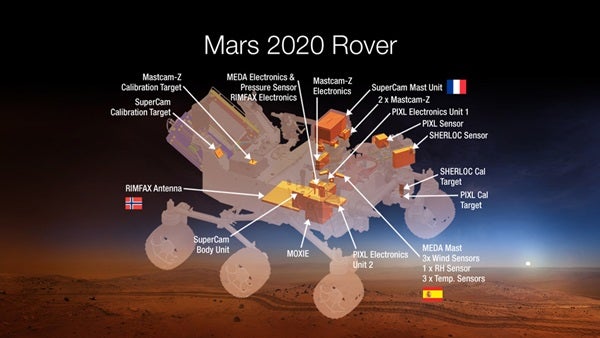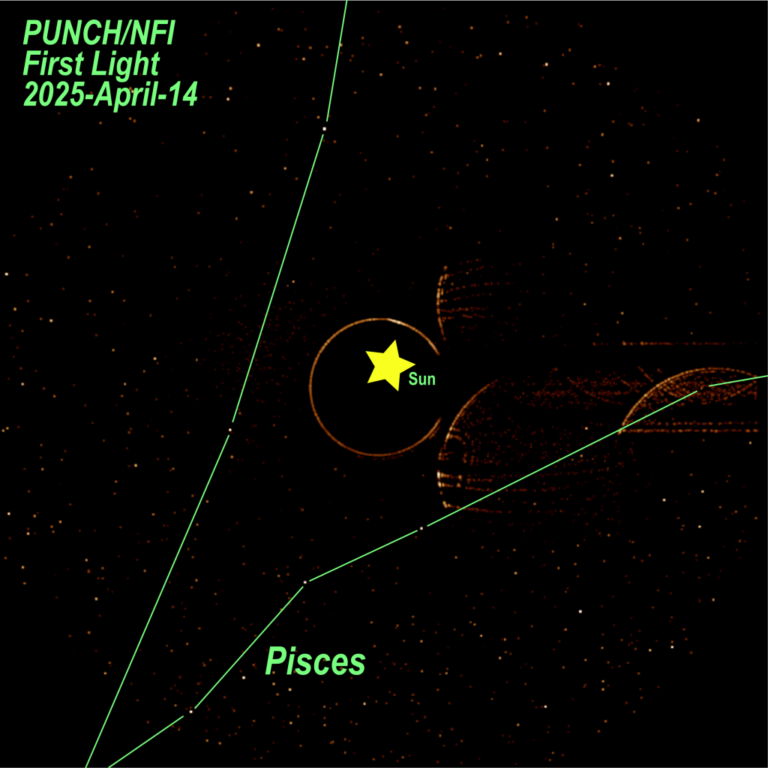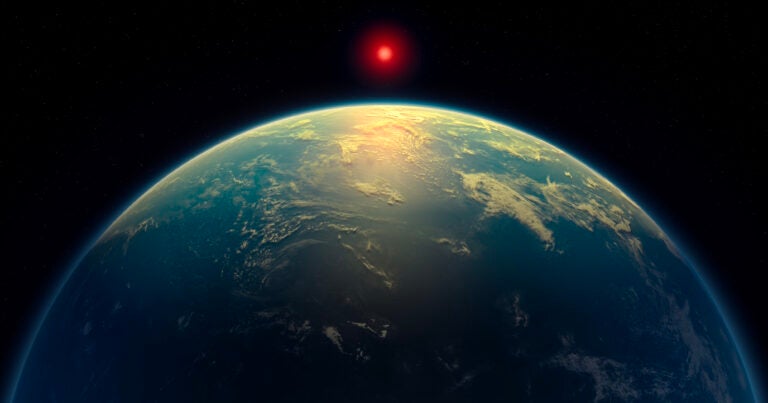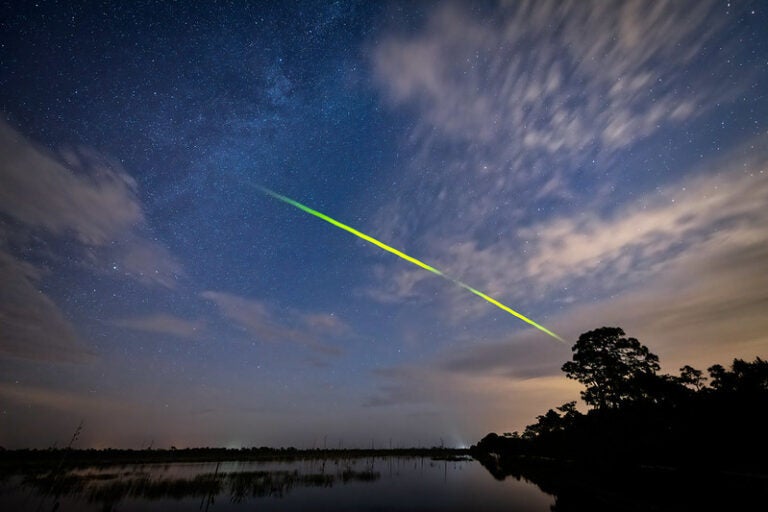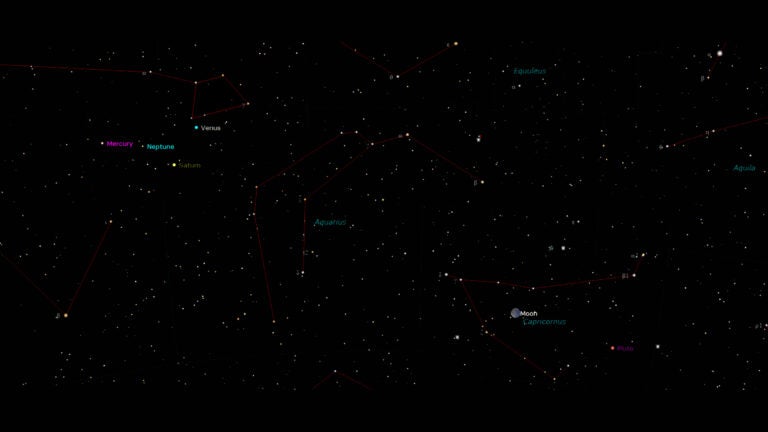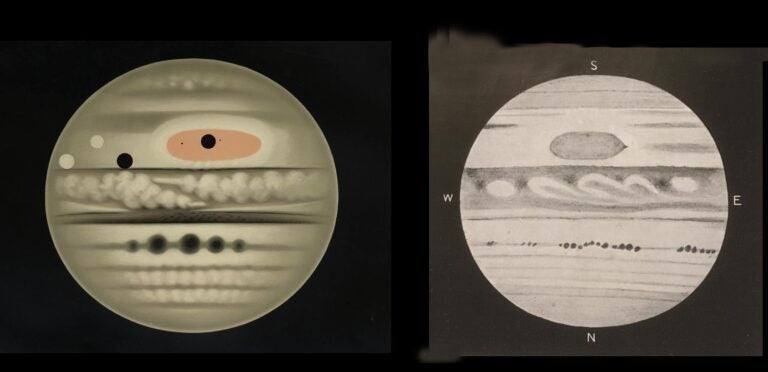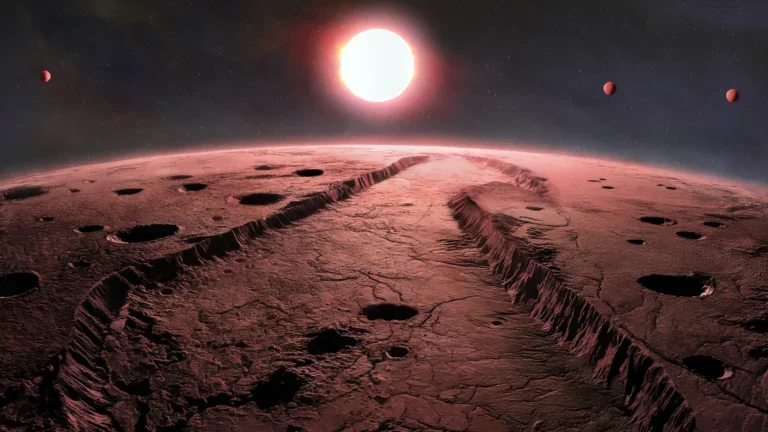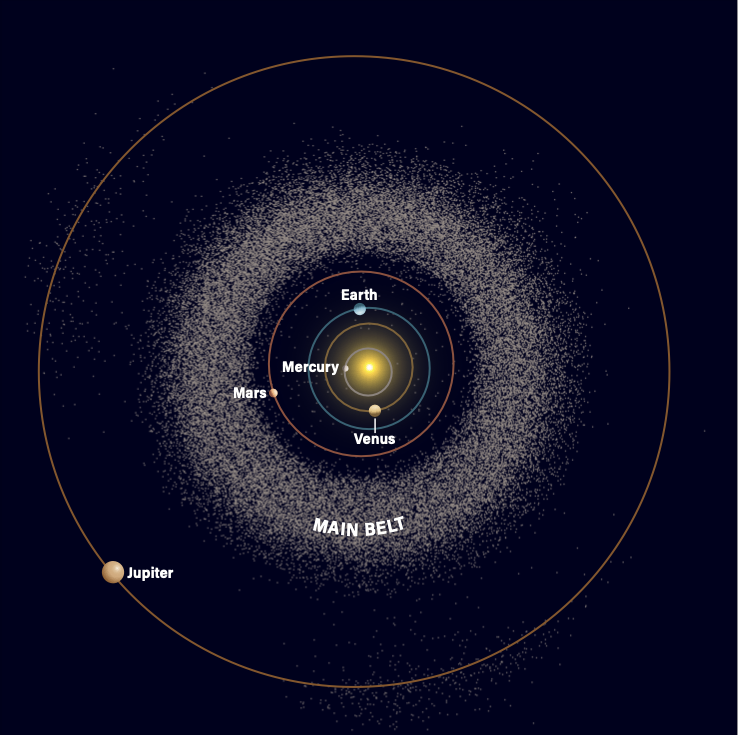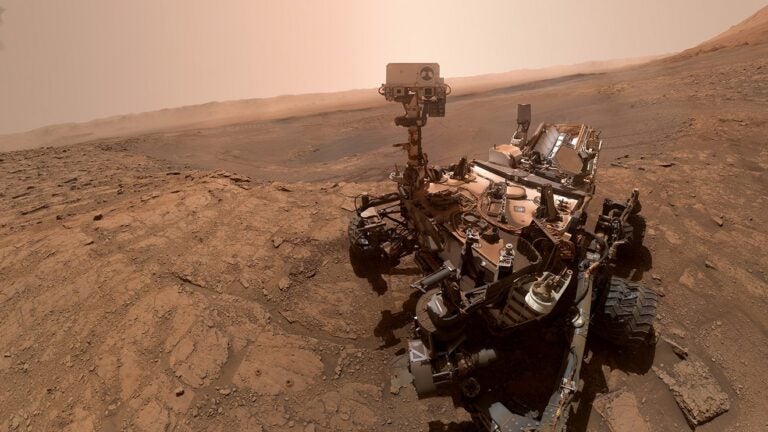Mars microphones have flown. A Planetary Society-provided microphone was included as part of the NASA Mars Polar Lander mission in 1999. Unfortunately, the spacecraft crashed. A microphone was included as part of the descent imager on NASA’s Phoenix lander in 2007, but was never turned on because of the potential for an electronic problem.
Microphones have trouble competing with other instruments on a science basis, which is often the determining factor for what flies and what doesn’t. Though their most compelling feature is public interest, microphones would produce some science, such as wind sounds and possibly sounds like lightning or blowing sand. A microphone would also be good for engineering: hearing wheels turning and motors working. And microphones require little in the way of mass, power, or data. Microphones have come close to flying again, but in the end, each mission team has not wanted one more thing to think about among the rest of their engineering challenges.
The European/Russian ExoMars rover in 2020 may include infrasound and pressure sensors that could produce sound-like recordings. There are various possible microphone options on the table for NASA’s Mars 2020 mission, including as part of the SuperCam instrument where, in addition to all the other benefits, a microphone might tie to SuperCam’s science. On Earth, the sound volume from SuperCam’s laser vaporization of rock correlates with the volume of material vaporized, a useful piece of information. One way or another, we hope, the dream of hearing martian sounds will finally be realized.
Director of Science and Technology
The Planetary Society

